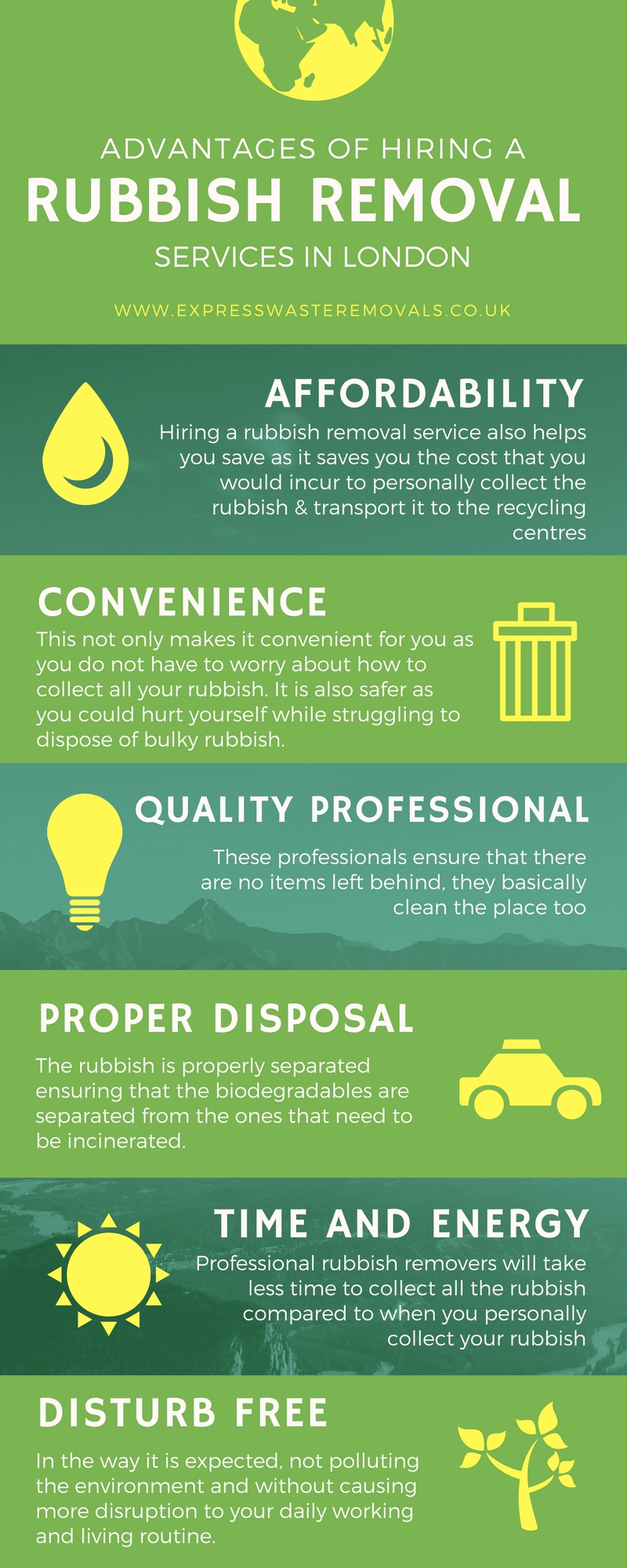Beware Of Regular Errors When Leasing A Dumpster That Could Impede Your Project'S Progression
Beware Of Regular Errors When Leasing A Dumpster That Could Impede Your Project'S Progression
Blog Article
Write-Up Created By-Jonassen Torres
When renting out a dumpster, you need to steer clear of usual blunders that can cause unnecessary inconveniences and expenditures. Picking the wrong size or overloading the dumpster are challenges that can interrupt your job and expense you greater than prepared for. Additionally, ignoring rent bin on banned items can have serious effects. By staying clear of these errors, you can ensure a smooth rental procedure and make one of the most out of your dumpster experience. But there's another vital aspect to consider that can make or damage your rental success.
Incorrect Dimension Option
When renting a dumpster, among one of the most typical errors to prevent is selecting the incorrect dimension. It's vital to analyze your needs precisely to ensure you choose a dumpster that can fit all your waste. Opting for a dimension that's as well small may cause overflow, added fees, or the need to rent another dumpster.
On the other hand, selecting a dimension that's too large can lead to wasted money on unused space. To prevent this blunder, carefully approximate the quantity of debris you'll have and review your job information with the rental business. They can supply guidance on the proper size based on your requirements.
Straining the Dumpster
To make sure a smooth waste disposal procedure when renting out a dumpster, it's important to be conscious of straining the container. Overloading a dumpster can result in a range of issues that might not only hassle you but additionally lead to additional fees or hold-ups in waste removal.
When you surpass the weight restriction or fill the dumpster beyond its capacity, it ends up being challenging for the rental business to safely move and empty it. This can position safety and security threats to the drivers and others when driving.
Additionally, straining can trigger damage to your residential or commercial property or the location where the dumpster is positioned. Excessive weight can tax surfaces like driveways or parking lots, bring about cracks or impressions.
It can also lead to debris spilling out during transportation, producing a mess and possibly causing damage to the atmosphere.
Violating Prohibited Products
Avoiding overloading the dumpster is just one element of accountable garbage disposal; however, another vital factor to think about is sticking to the listing of prohibited items. Going against the limitations on what can and can't be taken care of in the dumpster can lead to significant effects.
Harmful products such as batteries, chemicals, paints, and oils are commonly prohibited from dumpsters due to environmental issues. These products can infect soil and water sources if not thrown away correctly. In addition, appliances, electronic devices, tires, and mattresses are often limited because of their dimension and the specialized recycling procedures they need.
Violating these rules can lead to fines, penalties, and even hold-ups in your waste elimination procedure. It's essential to carefully review the list of banned items supplied by your dumpster rental business and make alternate setups for getting rid of them. By adhering to these guidelines, you can make sure a smooth and certified garbage disposal experience while preventing unnecessary issues.
Final thought
In conclusion, avoiding typical mistakes when leasing a dumpster, such as choosing the incorrect size, overloading it, or breaching banned things, is vital for a successful rental experience. By properly assessing your requirements, complying with weight restrictions, and adhering to disposal guidelines, you can ensure a smooth and easy procedure. Bear in mind to interact successfully with the rental firm to attend to any worries and make sure a favorable end result for your task.
